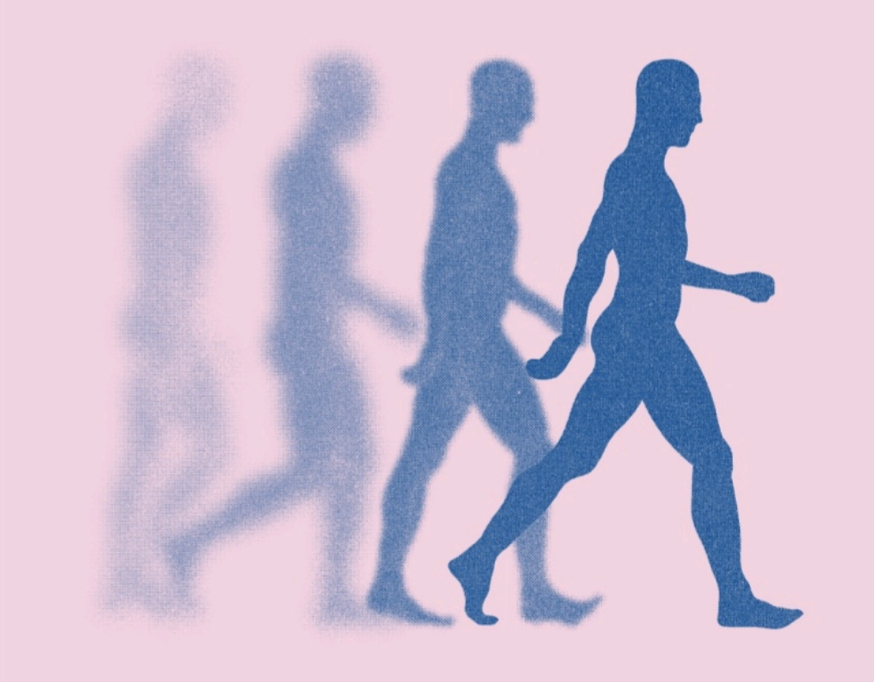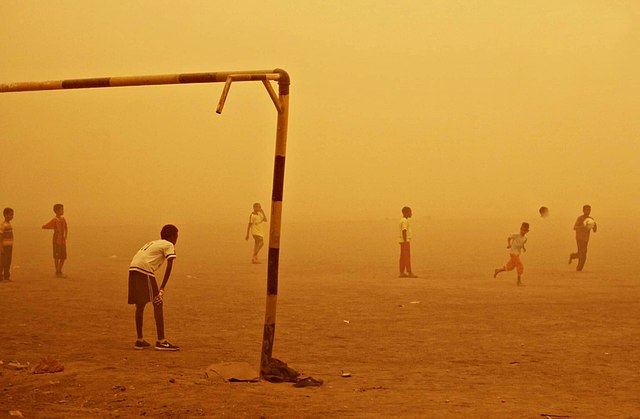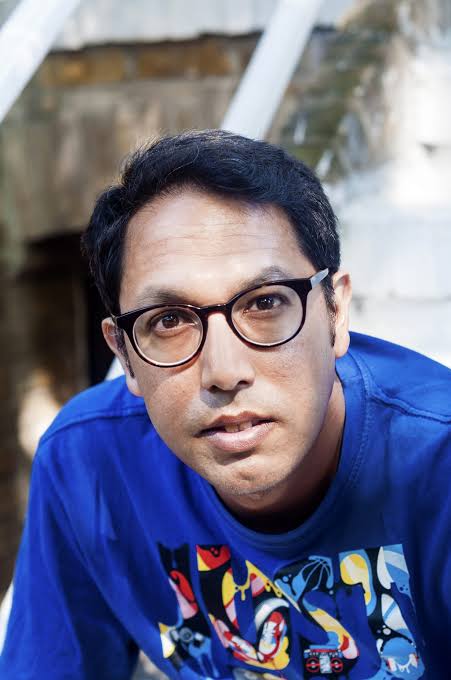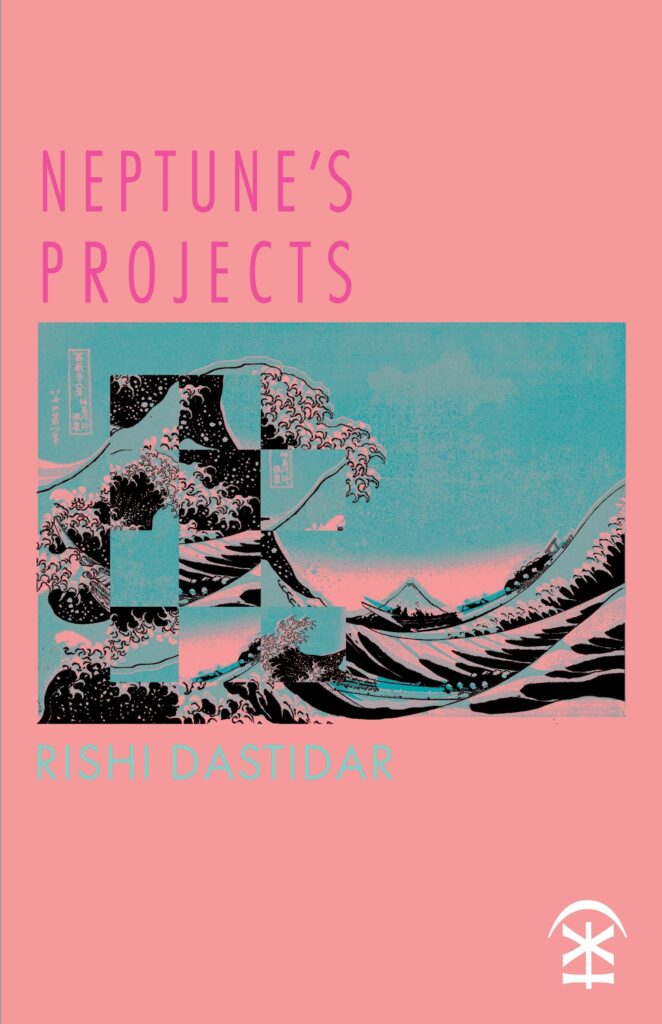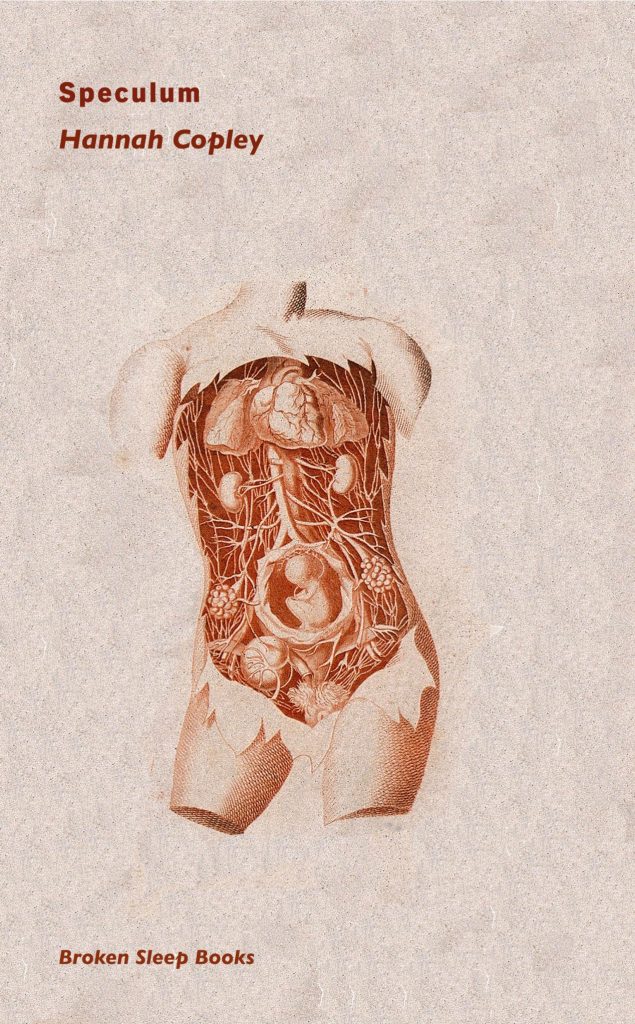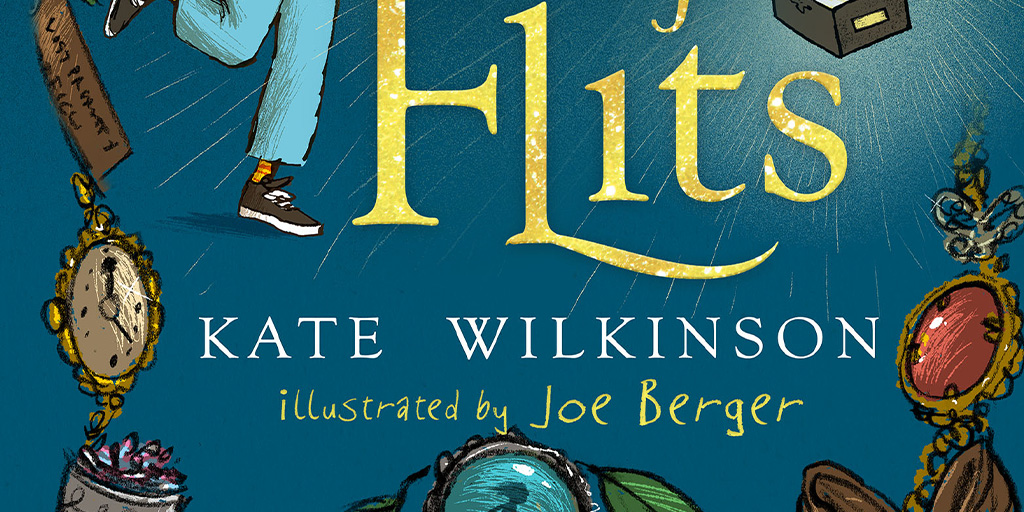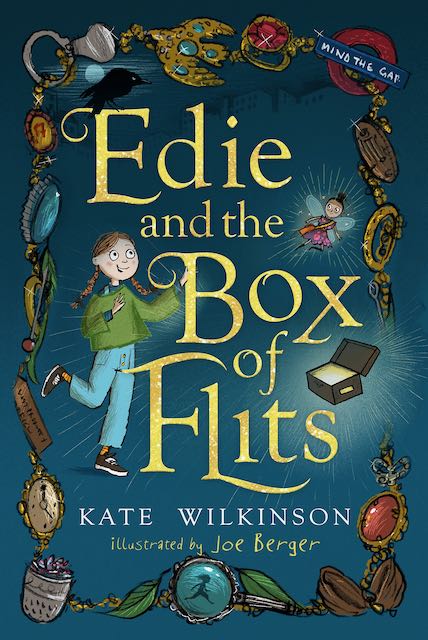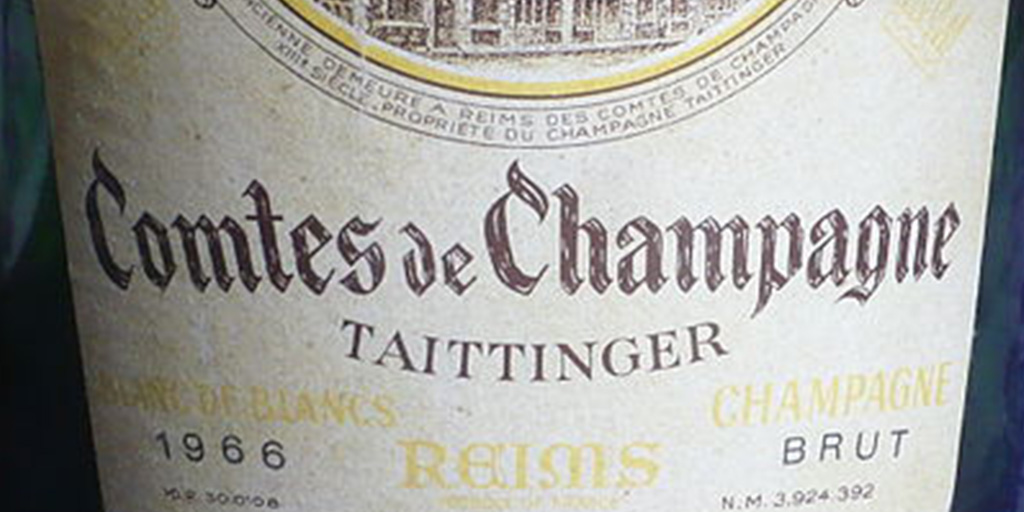‘A defining message of education and acceptance’ : Dale Booton in conversation with Matt Bates on his debut poetry pamphlet, Walking Contagions.
MB: Walking Contagions strikes me as being not just a beautiful suite of poems, but also a political act through its – to quote the blurb – ‘defining message of education and acceptance.’ How did you begin to conceptualise the collection and where did your research take you?
DB: When I accepted my own queerness in my late teens, I went on an research expedition into queer history. Obviously, a huge part of recent history has been the AIDS epidemic. It has been a medical, emotional, social, economic, and political topic for so many including those we have lost, and those living with HIV/AIDS who are still stigmatised today. I read everything I could on the subject and watched as many documentaries and films as I could. I just wanted to know everything, nerd that I am! There was a whole history that had been kept from me in education, so I had to find it.
When I sat down to plan the pamphlet, I made so many notes, little scribbles of oh, what about this… or this? I accumulated quite a stack of random pieces of paper, and then, after a couple of my previous poems about HIV/AIDS had been published, I decided to write Walking Contagions. I wanted to mark a journey from the 80s to present day, drawing on the experience of the past to investigate how the medical, emotional, social, economic, and political segments of the epidemic might have changed – or not – over the last few decades. Because I had already written a few poems about HIV/AIDS I didn’t want to just repeat the same content. I had an idea of what I wanted to include: aspects of sexual health, of pain, trauma, a family scene, loss; but I also wanted to have some poems in there that explored queerness in society today as well as the educational side of HIV treatment.
Finding a publisher like Polari has been amazing. Peter Collins, who runs Polari Press, was so wonderful and kind with my work, and Polari have created an amazing cover for the pamphlet. Polari is a queer publisher run by a queer person publishing queer things – what more could a queer writer wish for? The pamphlet I originally sent was very different to begin with, and whilst editing I destroyed some poems completely and wrote new ones because I didn’t like what I had created. Then I sat back down and started to write again, looking at the gaps I thought I had missed, or where I thought I had strayed too far from my concept. My final editing was done over one weekend. I locked myself away in my flat and rewatched AIDS: The Unheard Tapes, then re-read the poems. It took a lot out of me until I was eventually pulled out by some friends and taken out for the night. I just sat in a local club crying, thinking about all those who were lost because society was too ignorant to care and too unaccepting to help.
I wanted to write in a way that was bold, brash and blunt. I didn’t want to overuse metaphor but to say what I really thought on the matter. If my pamphlet expresses an element of the ‘defining message of education and acceptance’, then I have succeeded in what I wanted to do.
MB: A number of the poems are in dialogue with other poets’ works. I really enjoyed the way you use a line from another poet to “push off” into your own poems, offering a multitude of new possibilities by evolving a line. Can you tell us more about this method and how it helped you shape the collection?
DB: I think poets are at their best when they consume other poets’ work, internalise what they appreciate about the poetry, and, – because not everything fits everyone – what they might have done differently if the poem were their own. This is something I have done with various poems and poets’ work, whether that be a specific poem idea or a form, or even just the poem itself. For example, my poem ‘Blood’ is after the poem ‘Blood’ by the wonderful Andrew McMillan, who was such an inspiration when I first started out as a queer poet. Previously, I just rambled on about society and randomness and avoided all ideas of my own queer identity. Reading Andrew’s Physical really helped me to come out of my poetry closet, so to speak. I had moved back to Birmingham for university, I was trying to take my own poetry more seriously, and Andrew’s poetry really helped with that.
So, when I decided that I was going to try and work on more poems in relation to AIDS. The first, ‘Journal Fragments ’82 -’86’, had been published in the We’ve Done Nothing Wrong. We’ve Got Nothing to Hide (2020) Diversity anthology by Verve so I was inspired to keep with the theme. Lockdown had just hit, and I was suddenly very aware of the time that I had to write. I had been re-reading Playtime by Andrew McMillan, which discusses sexual identity, and there is a poem in the collection called ‘Blood’ that I just adored. It explores sex, sexual health, and AIDS history in such a contemporary way. At the time, it had been announced that the twelve-month deferral ban on donating blood for gay and bi-sexual men would be decreased to three months of celibacy, and it really made my blood boil. There was still so much stigma around queer sex and HIV/AIDS, so, I wanted to try educating people about HIV/AIDS through poetry.
I have many friends who are HIV+ and there is still such a lack of education for those that may know little about it. And, sadly, there is still a lot of ignorance within the queer community too. If anything, you should feel safe within your own community, but unfortunately that isn’t always the case. The poems are also for those: the ignorant amongst us who perhaps need some education and reflection of their own. Stigma is dangerous; knowledge and education can help eradicate that. Education is the key, but unfortunately there are people that fight the kind of education that can help save lives, whether that be about HIV/AIDS or about the queer community in general.
I read Arthur Rimbaud’s A Season in Hell in lockdown, which is about love, loss, and the destroyed possibility of happiness as being interconnected with another person. As soon as I read it, I thought of Grindr. I wondered how I might merge the two together in some form; and I ended up keeping the title and stealing the first two lines from Rimbaud’s poem.
I did a similar thing with ‘Exposure, Part II’, taking the last lines of Wilfred Owen’s stanzas and using them in a reconstructed effort to show model the “fighting a war but losing the battle” adage, exploring the onset of the AIDS epidemic with activism and an ignorant government. The poem plays on Owen’s ideals of being neglected by those who you once thought might help you, until you are just sat around waiting for death.
‘Wounded I Stand’ is after زخمستان (wounded-i-stan) by Suhrab Sirat. I fell in love with this broken idea of society and efforts within war that Sirat discussed within his poem. It was for a Young Poets competition – as was ‘Exposure, Part II’, actually – and I started working with the ideas of queerness being broken throughout history by those who want to oppress and eradicate, but still we carry on, we fight on, we love on…because we must.
As for ‘Epilogue’…well, that began in a workshop with the magnificent Joelle Taylor, whom the opening line belongs to – from the poem ‘Got a Light, Jack?’ in C+nto & Othered Poems – and it is one where I left the workshop thinking ooh, I’ve really got something here. It didn’t have a title at first, but as I started editing the poem, I knew it would be about passing on from life, in an oddly sweet and sensationalist manner, rather than some negative damnation of misery. The poem rather encapsulates how I would like to go, looking back at life, love and intimacy, rather than in fear of what is beyond the eternal darkness. Quite a few of the poems throughout the pamphlet are rather morbid, but I wanted to end on a note that was looking back with joy and gratefulness for all the men one has known, rather than regret.
MB: ‘Another Season in Hell’ and ‘Epilogue’ seem to express an acute disappointment with the instantaneous sex-based apps of today (such as Grindr), whilst also feeling simultaneously resigned to them. Do you see there being a tension between digital spaces and the (lack of) physical spaces today such as the bar, club or cruising spaces?
DB: I think that a lot of social activity is now done online – there is no denying it, whether that is merely communication (like Twitter, etc.) or for other forms of gratification (such as Grindr, etc.). We are in a technological age, and that often forces us to struggle with the reality of what is right in front of us. In particular, with recent global events, such as COVID-19 and lockdowns, we have been forced to find new ways to stay in contact with those we care about. Coming out of lockdown and going back into bars and nightclubs, I think there was a bit of shift in how life is approached. I mean, I have seen gay men messaging each other on Grindr while being a metre or so away from one another on the dancefloor and I just think, why don’t you go talk to each other and dance? Then again, I wouldn’t be the person to go up to someone in a club really, either, so, I’m a bit of a hypocrite like that!
I don’t know… perhaps it is a safety net, that idea of possible rejection: it isn’t so bad when it is conveyed in a message rather than to your face. These poems sort of fall into the modern idea of intimacy through anonymity. There is always a risk that comes with social media and dating apps, and sometimes that risk is isolation or mental health issues, but we still use them, delete them from our phones, reinstall them, use them again. It is like a little cycle of hope and despair at finding something in a place that perhaps we know might not be good for us. Like the Rihanna song ‘We Found Love’, we move with the times, and sometimes that means putting yourself out there in ways you never though you might, just as one does with poetry.
MB: Following on from the previous question, I was very moved by the narration in ‘Encounter’ which connects sexual joy to sexual terror under the shadow of HIV. In a state of fever, the narrator sits ‘like The Thinker recounting the faces | of the men I have loved and have been loved by for a night’. There seems to be a further tension on display here between promiscuity and the search for love…can you expand?
DB: Promiscuity is believed to be a very modern idea, and it is also very much connected with the queer community. There is this idea in heterosexual society to find a partner and settle down – but that is utter garbage. Promiscuity has been witnessed throughout history for all sexualities. There is no gene coding for promiscuity. Levels of promiscuity change through a person’s life and emotional states. Some people may have sexual intercourse with one person in their life, others may have sexual intercourse with thirty, seventy, three hundred. Neither is a problem – so long as you are knowledgeable.
By this, I mean, safe sex, regular sexual health screenings, communication with the partner. Promiscuity may have been scarier during the onset of the AIDS epidemic due to the risk that was associated with it, as well as the stigma that wasn’t only caused because of AIDS, but because of the sexuality it was most closely aligned with. However, I do believe that fear has led to queer people being more educated on sexual health than perhaps a lot of heterosexual people. Often, as I have discussed with numerous university friends and secondary students, because a lot of heterosexual people believe that sexual health isn’t something for them to worry about. There are times when students have said to me: “Only gay people get sex diseases.”
Education is a tool, but often it is not being used correctly. Relationship and Sex Education (RSE) has come a long way, but it still has so much further to go, and poetry can help with that. I wrote ‘U = U’ after a conversation with a HIV+ friend of mind, and they described the virus as being trapped in a rosebud that doesn’t open, which I then took, used, and developed. I did an assembly for World AIDS Day last year at my school, and I was deeply shocked by the minimal information at hand, lack of understanding, and, indeed, tolerance around HIV/AIDS from staff alone. Undetectable means Untransmittable, and that is a message RSE and Biology lessons need to reiterate.
As for love – I wouldn’t say I am very successful with that topic. My poems – although they do have romance throughout them – often fail to attribute anything to anything as definitive as ‘love’. But maybe that is what love is – as it is very different to everyone – an undefinable abstract that is woven throughout what we do, rather than projected and instilled in one person or poem. Within ‘Encounter’, perhaps it is that desperation for love that defines the speaker: I am fully aware of my longing for love in my youth, of the desire to fall head-over-heels for a guy, to feel a connection…but, it doesn’t always work out that way. The poem holds that anticipation and fear of what comes next? especially for the poem’s setting in the AIDS epidemic.
MB: I love how this collection of poems is in dialogue with the past, present and future. Focusing on the past, for a moment, I was reminded of Heather Love’s (in Feeling Backward: Loss & the Politics of Queer History) argument that narrations of queer suffering are an embodiment of queerness itself. For Love, texts that narrate queer suffering and ‘insist on social negativity’ can be useful because they ‘underline the gap between aspiration and the actual.’ How do you feel your collection both memorialises the past and articulates a hopeful future?
DB: For me, history in words is a current we have captured, contained, and given a new home. My pamphlet is a little home – it houses change as well as lack of change. To me, queer history is an essential part of growing up as a queer person, no matter when you are born. Perhaps I’m just a nerd but I think that you need to know the history of your own community.
At school, you are taught history – often flawed and Eurocentric – but history, nonetheless. Why then, when you discover who you are, do you not want to know that history, too? There are many young queers oblivious to the history that our queer ancestors have fought through and for us in order for the freedoms we have today, and that fight still goes on. I can’t understand how you wouldn’t want to know about all that. It should be taught in schools as a part of history. I know that in the school I taught at, there wasn’t even an LGBTQ+ History Month until I developed a scheme for it; and that was in English, not History. Queer history is a part of history, so it must be taught.
While my pamphlet mostly deals with HIV/AIDS, there is a current of development and change within society. For example, the development of treatments has meant people living with HIV can live long, prosperous lives…something that those in the 80s didn’t have. Education and activism are the couple that can end the stigmatisation of HIV/AIDS around the world, which is exactly what we need. As I said before: Undetectable means Untransmittable. Education is the key.
MB: More generally, which poets do you particular admire and draw inspiration from?
DB: As I said earlier, a huge inspiration for me has been Andrew McMillan and to whom I am very grateful to for blurbing my pamphlet. He has been very kind about my work, and he is someone I always go back and read. Andrew also introduced me to the work of Thom Gunn and Mark Doty, both of whom have been inspiring. Their exploration of the onset of the AIDS epidemic, of loss, but also of love, is actually really chilling. Their poems aren’t poems that are quick to leave you.
I mentioned Joelle Taylor, whom I adore. Jemima Hughes. James McDermott. Caleb Parkin. Mary Jean Chan. Ocean Vuong. Jericho Brown. Danez Smith. Fiona Benson. Raymond Antrobus. These are all poets I constantly go back to, are constantly re-reading and they aren’t all queer. They each have a different purpose to me, if that makes sense. For example, if I am writing about mental health, I return to Jemima Hughes; if I am writing about family, I re-read Mary Jean Chan or Fiona Benson; queerness…I have a whole deck of poets to keep going back to and re-reading. I always try to think: What have they written? What haven’t they written? What can I write?
I also have some poetry friends and acquaintances that I draw inspiration from such as Piero Toto, Simon Maddrell, Stanley Iyanu, Juliano Zaffino Ashish Kumar Singh, Luís Costa, JP Seabright. These are people I talk to about poetry: their own, my own… or some that I just read the poetry of and adore.
MB: Finally, what’s next for you Dale, writing-wise?
DB: I am currently editing a second poetry pamphlet, which will be published with Fourteen Poems early next year, exploring queer friendship and nightlife. It is kind of based around some of the events in the past two years of my life, moving away from a relationship and falling into a safe queer space. I haven’t really written any poetry in a while, so it is good to push myself back towards it through some editing.
I also have an idea for a novel, but that is something that will need fleshing out before I start writing it. Hopefully, in the near future, it will become a little clearer in my mind…
Dale Booton (he/him) is a queer poet from Birmingham. His poetry has been published in various places, such as Verve, Young Poets Network, Queerlings, The North, Muswell Press, and Magma. His debut pamphlet Walking Contagions is out with Polari Press; his second pamphlet is forthcoming with Fourteen Poems in 2024.
Twitter: @BootsPoetry
Matt Bates is the Poetry Editor of MIR.
